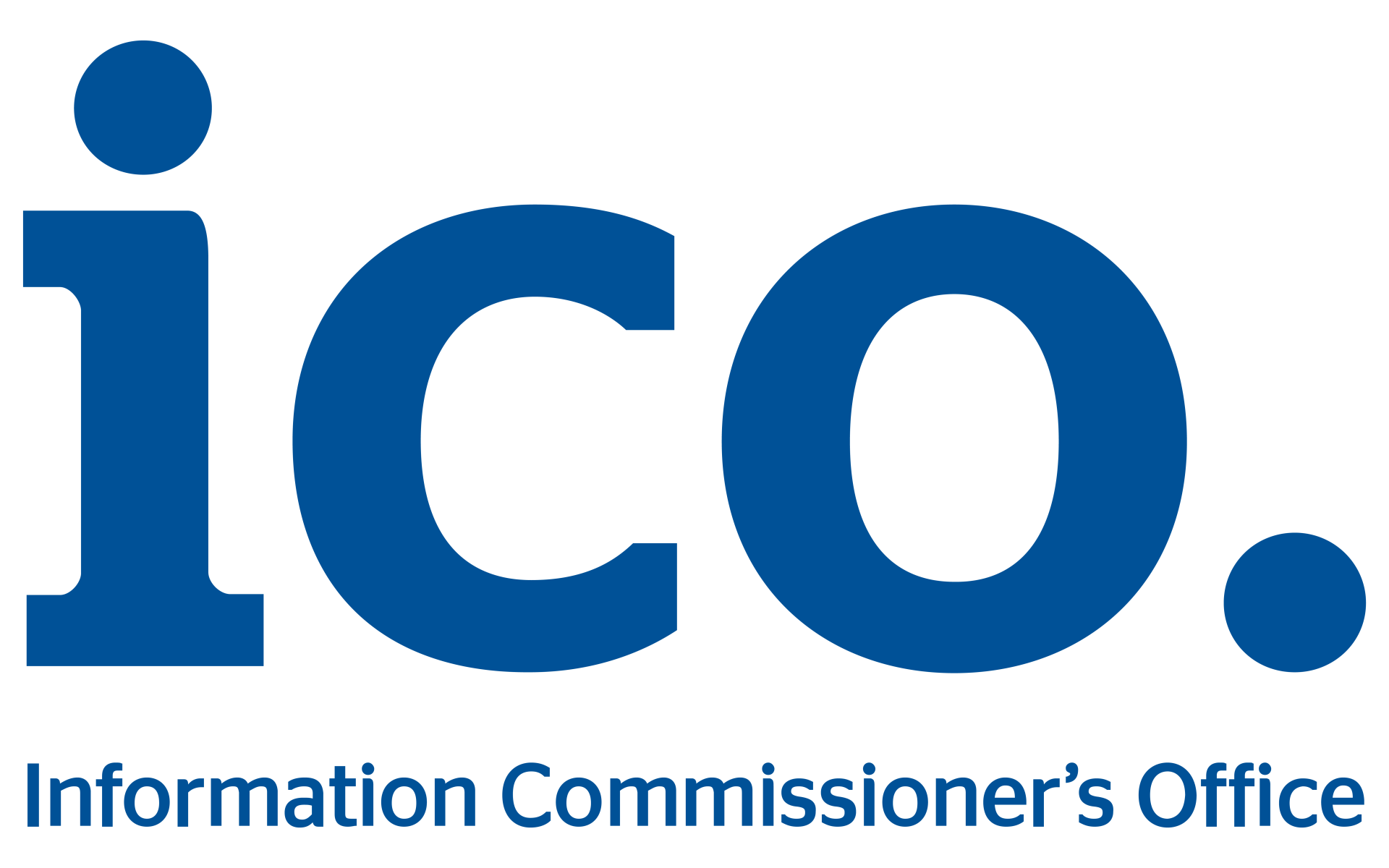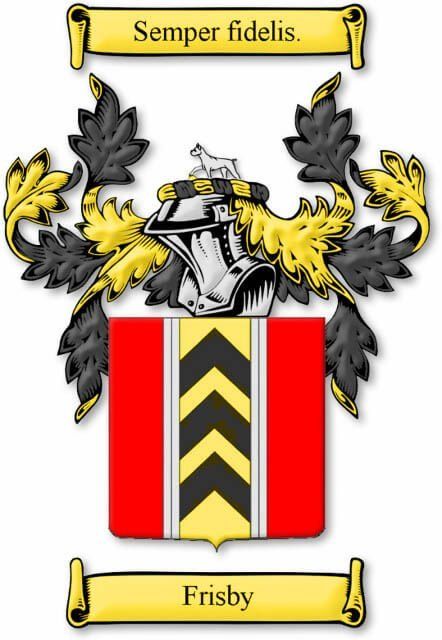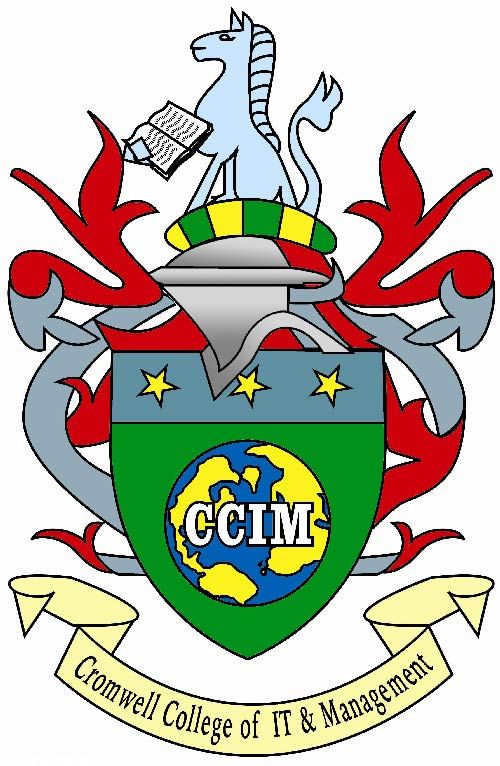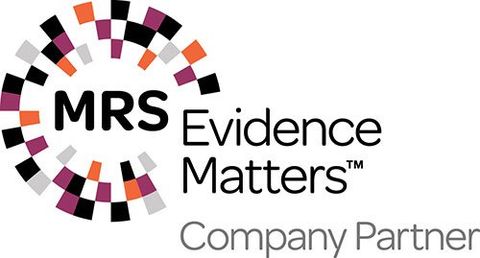Management Development Course
Business Training Courses >
Training Courses
> Management Development > Management Development Course
Course Overview
This course is designed for senior managers and leaders who want to develop themselves as leaders and managers, who recognise they have to satisfy various stakeholders and also want to invest in their own personal brand. They may manage day to day operations and activities, and in doing so seek to make best use of their resources, understand the need to innovate and have a constant awareness of the need to optimise performance. They may also have to present arguments for change, construct business cases, lead change implementation and evaluate the impact of that change. These are the leaders/managers who will benefit from this course.
This tools-based leadership and management development course focuses on the practicalities of leadership and management from a delivery perspective and, through a series of competency-based leadership and management skills assessments and experiential leadership development exercises, develops confidence within the leader.
Course Benefits:
You will be able to:
1- Put your need for development at the centre of the programme by matching knowledge and skills to your specific context.
2- Recognise the increasing importance of networks by harnessing the power of social learning.
3- Encourage development of a personal brand that has impact in the internal and external environments.
4- Embed leadership and management development in work at a strategic level..
Course Content:
- The use of action learning as a strategic leadership development medium.
- Using ROI in the decision-making process at a strategic level.
- Engaging with stakeholders at a strategic level either internal or external to the organisation, getting buy in to change.
- Organisational mapping, dealing with barriers that enhance strategic productivity.
- The development of a personal brand which inspires confidence at a strategic level.
- The creation of added value at a strategic level.
- A range of contrasting traditional and contemporary models of leadership are considered, their research methodologies discussed and critical assessments made of them.
- Ethics, values, power and authority, responsibility and accountability in leadership.
- Knowledge, skills, behaviours and other characteristics of effective leaders.
- Organisation type, purpose, values and culture and their interaction and their impact on the leadership role.
- Characteristics of the sector in which the organisation operates and their impact on expectations of leaders; comparisons with other sectors.
- The nature of the external environment and its impact on the organisation; the demands and expectations this places on leaders.
- The criteria used to judge effective leadership in different types of organization.
- The behaviours associated with effective leadership in different types of organization.
- The leadership knowledge and skills that underpin effective leadership behaviour.
- The effect of personal characteristics (e.g. personality, intelligence, emotional literacy, personal integrity and honesty, values and beliefs, on leadership behaviour.
- Skills and techniques for evaluation of personal behaviour and performance.
- The use of feedback and awareness of others' responses such as emotional literacy to own behaviour.
- Techniques and skills in seeking and objectively evaluating feedback.
- Models of reflective learning (eg deep and surface learning, ACT, learning transfer, double loop learning, Activity Theory - NB learners must have an insight into process of learning and the role of structured reflection to enable learning).
- Techniques for developing leadership in others (e.g. through coaching or mentoring, delegation, etc).
- Techniques of reflective learning (learners must be enabled to use practical techniques to enable a structured approach to reflection to enable learning).
Who is this course for?
This course is designed for senior managers and leaders who have to satisfy various stakeholders and who also want to invest in their own personal brand. You may manage day to day operations and activities, and in doing so seek to make best use of resources, you understand the need to innovate and have a constant awareness of the need to optimise performance. You may also have to present arguments for change, construct business cases, lead change implementation and evaluate the impact of that change.











